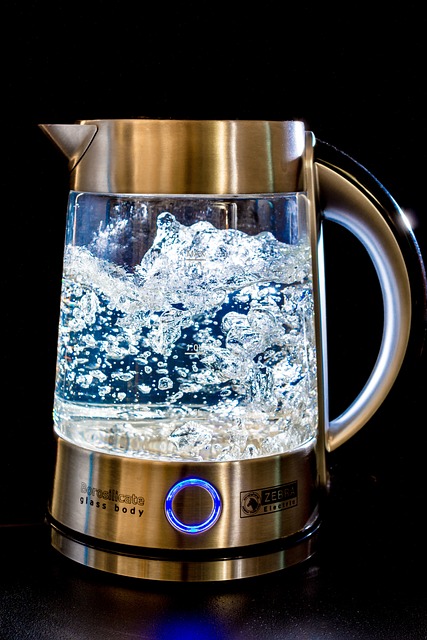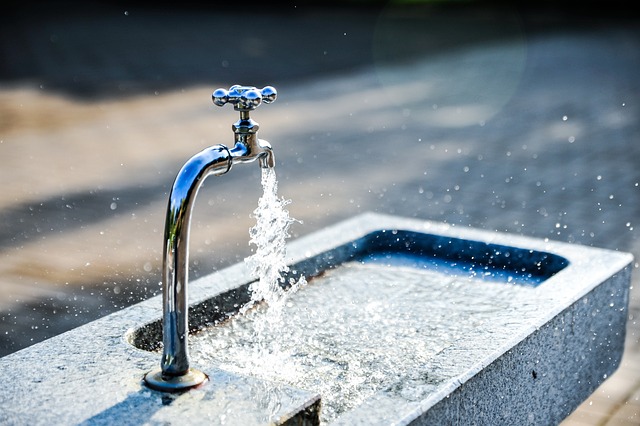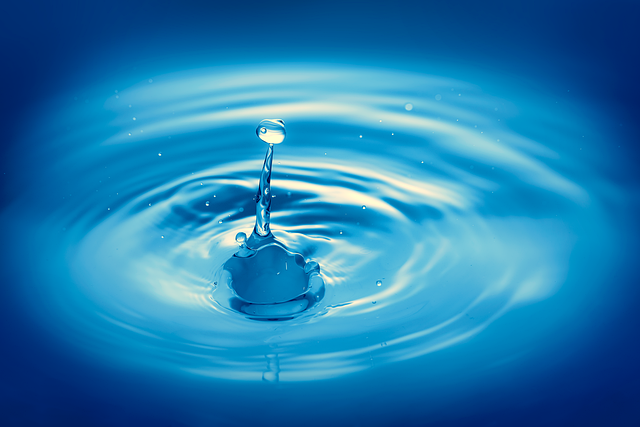Regular Water Heater Maintenance is vital for safety, efficiency, and cost savings. By scheduling routine checks, you can prevent costly repairs, dangerous gas leaks, and electrical hazards while ensuring ideal water temperature. Inspections should include looking for leaks, rust, unusual noises, and corrosion, as well as assessing heating elements and the pressure relief valve. Cleaning the anode rod and removing interior scale or sediment also contribute to optimal performance and longevity. Consistent maintenance ensures reliable access to hot water and a comfortable home environment.
Looking to keep your hot water flowing smoothly? Our ultimate guide to water heater maintenance covers everything you need to know. Discover why regular checks and cleaning are essential, explore common issues and their troubleshooting solutions, and learn how to extend the lifespan of your water heater. From understanding basic maintenance needs to backup strategies, this comprehensive resource ensures your water heating system operates efficiently and effectively.
- Understanding Water Heater Maintenance: Why It Matters
- Regular Checks and Cleaning: What to Expect
- Troubleshooting Common Issues: Back-up Solutions
Understanding Water Heater Maintenance: Why It Matters

Water heater maintenance is an often-overlooked aspect of home care, but it’s a crucial part of ensuring your hot water system remains efficient and safe. Regular upkeep can prevent costly repairs or even dangerous situations caused by a malfunction. By scheduling routine checks, you can catch potential issues early on, such as mineral buildup, which can reduce the heater’s efficiency and life span.
Moreover, proper maintenance ensures the safety of your household by preventing gas leaks or electrical hazards. It also helps maintain optimal water temperature, ensuring comfortable showers and reducing the risk of scalding. Regular water heater maintenance is a simple yet effective way to keep your hot water flowing smoothly and reliably.
Regular Checks and Cleaning: What to Expect

Regular checks and cleaning are integral parts of water heater maintenance. During these inspections, you should expect to assess several key components for any signs of wear, corrosion, or buildup. Begin by examining the tank for leaks, rust spots, or unusual noises—all potential indicators of issues that could impact performance or safety. Pay close attention to the heating elements, as they are particularly prone to accumulating sediment and mineral deposits over time. This buildup can reduce energy efficiency and, if left unchecked, may lead to costly repairs or even tank failure.
Additionally, check the pressure relief valve for any blockages or signs of wear, ensuring it operates smoothly when tested. Clean the anode rod, which helps prevent corrosion in the tank, and scrub away any sediment or scale from the tank’s interior using a solution recommended by the manufacturer. Regular cleaning not only prolongs your water heater’s lifespan but also ensures consistent hot water flow—a vital aspect of comfortable and efficient home living.
Troubleshooting Common Issues: Back-up Solutions

When it comes to water heater maintenance, troubleshooting common issues is an essential part of keeping your hot water flowing. If your water heater isn’t heating or is taking too long to heat up, there are a few back-up solutions you can try before calling a professional. Start by checking the pilot light—ensuring it’s ignited and adjusted correctly. A faulty thermostat could also be the culprit; adjusting or replacing it may resolve the issue.
For water heaters that aren’t producing enough hot water, consider checking the cold water supply to ensure it’s not restricted. Over time, mineral buildup can clog the heater’s dip tube, impeding water flow. Regular cleaning and maintenance, including flushing the system periodically, can help prevent this. Additionally, inspect connections for leaks or corrosion, as these issues can disrupt the heating process and lead to insufficient hot water production.
Maintaining your water heater is an essential part of home ownership, ensuring consistent hot water access. By regularly checking and cleaning your unit, you can prevent costly repairs and extend its lifespan. This guide has provided valuable insights into the world of water heater maintenance, offering practical tips to keep your hot water flowing smoothly. Remember, a well-maintained water heater is key to avoiding unexpected disruptions in your daily routines, so why not take control and make these simple tasks part of your regular home maintenance regimen?
